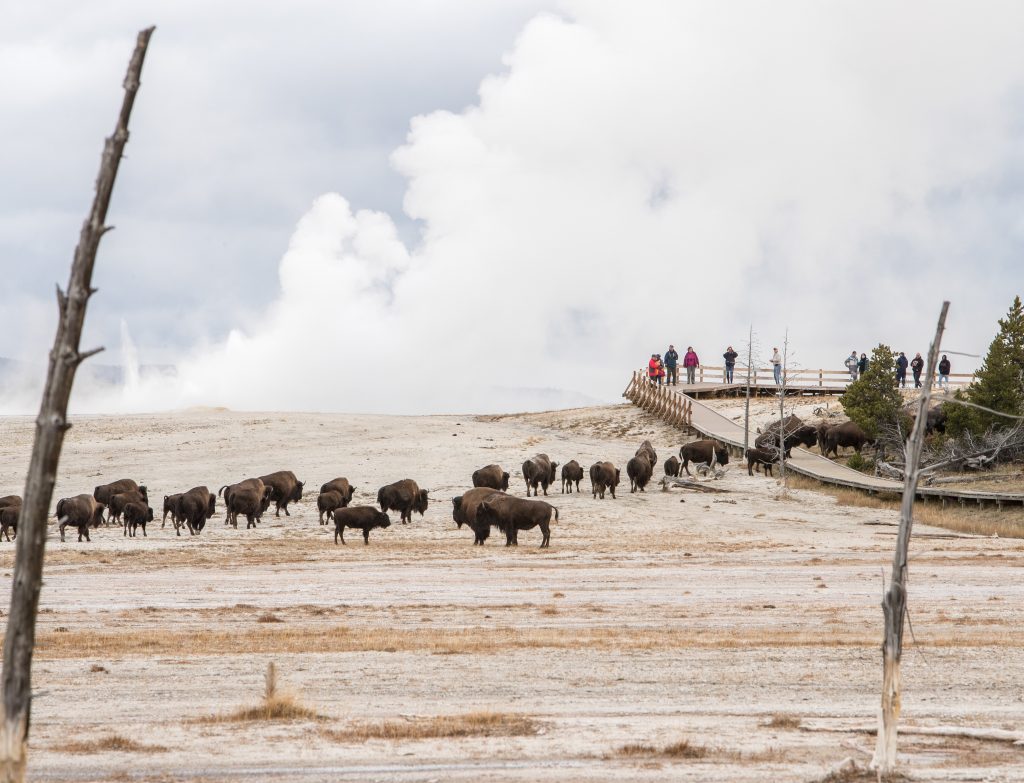Lost, Not Stolen: A New Republican Report Addresses Allegations of Election Fraud in 2020 Claim by Claim
Written by Caleb Nelson on July 15, 2022
A New Report, “Lost, Not Stolen: The Conservative Case that Trump Lost and Biden Won the 2020 Presidential Election,” has been published and released to the public by a group of political conservatives (Senator John Danforth, Benjamin Ginsberg, The Honorable Thomas B. Griffith, David Hoppe, The Honorable J. Michael Luttig, The Honorable Michael W. McConnell, The Honorable Theodore B. Olson, Senator Gordon H. Smith) all of whom believe in “limited government, liberty, equality of opportunity, freedom of religion, a strong national defense, and the rule of law,” the reports states.
Early in the report, the conservative group says, “We have become deeply troubled by the efforts to overturn or discredit the results of the 2020 Presidential Election. There is no principle of our Republic more fundamental than the right of the People to elect our leaders and for their votes to be counted accurately.”
This study examines and evaluates the “deadly serious” claims the 2020 Presidential Election was stolen by carefully investigating “every claim of fraud and miscount put forward by former President Trump and his advocates.”
Using Arizona as just one example of how the report investigated and handled claims about election fraud, the group argues that abuse claims in Arizona fall into six categories:
- Claims that Dominion Voting Machines Were Manipulated.
- The report closely studied the court’s findings, and, on this front, stated, “The federal court found the claims to be ‘void of plausible allegations.’ The state courts dismissed similar claims for lacking of standing after considering the evidence.” As the report explains, Arizona Republicans all came to the same conclusion: “that the Dominion voting machines functioned properly.”
- Claims that Ballots Were Not Properly Counted.
- On this point the report states, “Each of these claims [ballots were improperly counted] was dismissed for lack of evidence or was voluntarily withdrawn.” A trial in state court led one judge to conclude there was “insufficient evidence” to support a claim that election officials were not careful verifying signatures on mail-in ballots. A federal judge concluded allegations of destroyed or replaced mail-in ballots were “wholly unreliable.”
- Claims that Unsolicited Mail-In Ballots Were Sent to Voters.
- One lawsuit in Arizona claimed that 214,526 ballots were sent out to voters who did not request these ballots. Lacking evidence, the plaintiffs “voluntarily dismissed the suit.”
- Claims that Voter-Eligibility Requirements Were Not Enforced.
- Trump supporters filed suit in federal court claiming, “lax enforcement of voter-eligibility requirements resulted in the counting of thousands of ballots that had been unlawfully cast.” The court found this claim lacking substance, stating, “affidavits and expert reports are largely based on anonymous witnesses, hearsay, and irrelevant analysis of unrelated elections.”
- Claims that Ballot Drop Boxes Were Not Fairly Located Throughout the State.
- Even though this claim was advanced by Trump supporters, the plaintiffs eventually “voluntarily dismissed” the claims in state court because this claim of electoral impropriety failed the standards of “evidence and law.”
- Claims that Poll Officials Failed to Carefully Monitor the Election Count.
- Here, the state of Arizona found there was “not enough evidence” to support the claim that election officials allowed fraud to take place because they were “too lax” in observing the vote count. The report adds that the Arizona Supreme Court “affirmed the decision.”
To summarize, “There is no evidence of any widespread misfeasance or malfeasance that would have affected the result of the 2020 Presidential Election in Arizona. Nearly all the claims of voter fraud have failed.”
Wyoming and Park County have not been immune to frustration and suspicion regarding election integrity. Questions about free and fair elections have come up continuously at local and national political events here in Wyoming, which includes U.S. Representative Liz Cheney’s recent spat with Mike Lindell. House Representative District 50 Rachel Rodriguez-Williams explained in April that her constituents are concerned about election fairness, saying, “they’re not sure if their vote counts.” Wyoming gubernatorial candidate Brent Bien, for example, has mentioned election integrity on numerous occasions as a top priority, arguing that the government must regain the trust of the citizenry.
Still, the analysis of this study is clear, and these Republicans have summarized their position based on their exhaustive 72-page research report as follows, “Our conclusion is unequivocal: Joe Biden was the choice of a majority of the Electors, who themselves were the choice of the majority of voters in their states. Biden’s victory is easily explained by a political landscape that was much different in 2020 than it was when President Trump narrowly won the presidency in 2016.”





